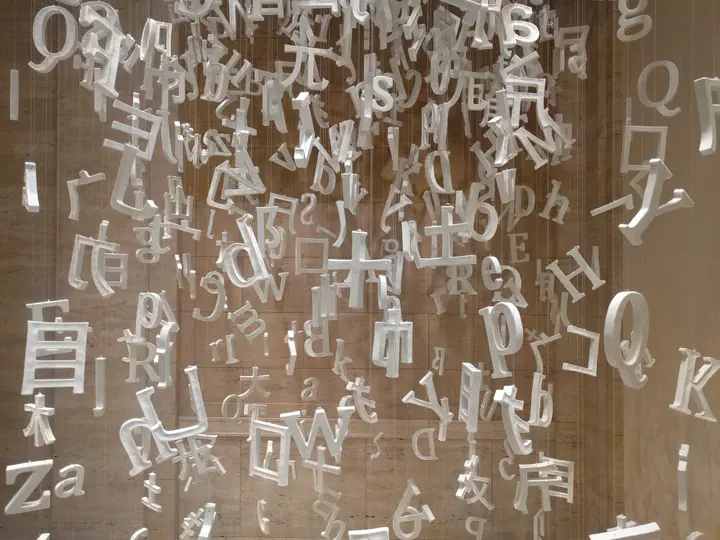Analyzing Complex Digitized Data

Data are everywhere. Historical documents, literature and poems, diaries, political speeches, government documents, emails, text messages, social media, images, maps, cell phones, wearable sensors, parking meters, credit card transactions, Zoom, surveillance cameras. Combined with rapidly expanding computational power and increasingly sophisticated algorithms, we are now in the new digital era. With it come concerns with privacy, ethics, surveillance, bias, discrimination, and more. But also incredible potential for better understanding the social world, and the potential to use data for good.
In this course students explore how data, digital material and digital methods are impacting the humanities and social sciences. We’ll also reflect critically on how these materials and methods are being used inside and outside of academia.
Students explore these issues from three perspectives: the technical skills necessary to access and analyze data (Python and computers!), the epistemology underlying these methods and best practices re: research design (hint: there is not just one way to do computational research), and the practical knowledge we and others can produce using digital data and methods.